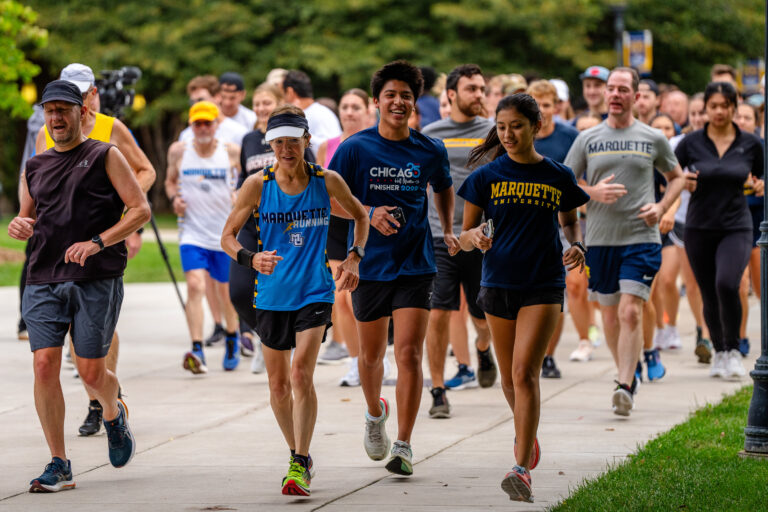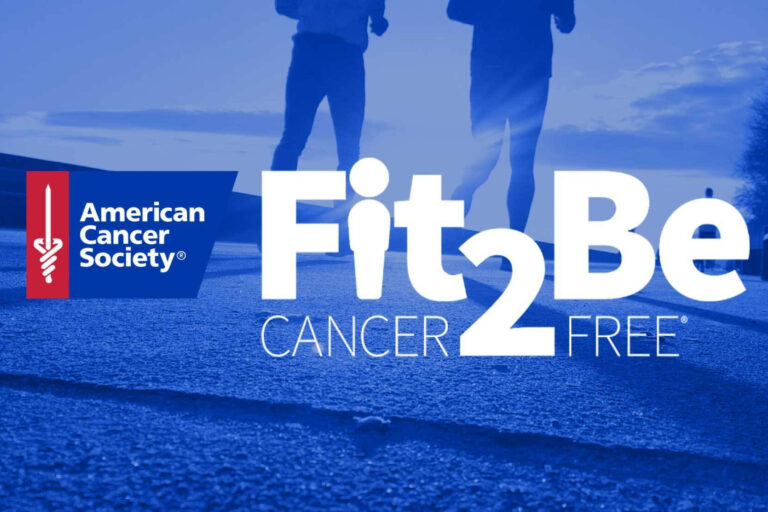
Marquette University’s Office of Research and Sponsored Programs has announced the following grants awarded to university faculty and staff in December 2021.
- Marquette University awarded $3.8 million grant from Department of Defense for new “In Defense of Water” program (Dec. 20, 2022)
Workshop on Technology for Automated Capture of Diet, Nutrition, and Eating Behaviors in Context
$10,275 – National Science Foundation
- Sheikh Ahamed (PI), chair and professor, Dr. Praveen Madiraju, associate professor, and Dr. Walter Bialkowski, visiting assistant professor, all of computer science in the Klingler College of Arts and Sciences; Dr. Randall Gretebeck, associate professor in the College of Nursing; and Dr. Daniel Pinto, assistant professor of physical therapy in the College of Health Sciences.
- Abstract: This team of cross-disciplinary researchers will combine expertise to develop a robust and accurate platform of nutrition evaluation at the point of consumption. This novel technology will utilize ubiquitous smartphone camera features for capturing images of food and combine it with classic nutrient evaluation to transform frontline data collection. A derived algorithm will suggest probable food names and ingredients, and with the volume of the ingredients provided by users, the algorithm can provide the probable nutrient level for each consumed food.
Maximizing the J.R.R. Tolkien and the Art of the Manuscript Exhibition
$18,000 – Gladys Krieble Delmas Foundation
- Susan Longhenry, director and chief curator of the Haggerty Museum of Art
- Abstract: This award will support “R.R. Tolkien: The Art of the Manuscript” in fall 2022, an exhibition leveraging expertise in art history, literature and digital humanities to deepen scholarship about and expand public access to Tolkien manuscripts. The Haggerty Museum of Art and Raynor Memorial Libraries, along with the University of Wisconsin – Milwaukee and the University of Oxford’s Bodleian Libraries, are partnering to bring this exciting opportunity to the public.
Exercise Fatigability in Older Adults: Impact of Dietary Nitrate Supplementation on Vascular Function and Bioenergetics
$140,952 – American Heart Association
- Timothy Fulton (PI), post-doctoral research associate in the Neurophysiology Lab; Dr. Sandra Hunter (sponsor), professor, and Dr. Christopher Sundberg (co-sponsor), assistant professor, both of exercise science in the College of Health Sciences; and Dr. Mehdi Maadooliat (consultant), associate professor of mathematical and statistical sciences in the Klingler College of Arts and Sciences
- Abstract: This AHA postdoctoral fellowship allows Fulton to acquire expertise in new experimental techniques and is supported by an excellent mentorship team that has expertise in exercise fatigability and cardiovascular physiology along with skeletal muscle bioenergetics. The proposed research will investigate the impact of increased nitric oxide bioavailability on macro- and micro-vascular function during exercise, skeletal muscle bioenergetics, and fatigability in older (≥65 years) men and women.
Sex Differences in Neuromuscular Fatigability Post Stroke
$64,072 – American Heart Association
- Zhilun Zhou (PI), graduate assistant, and Allison Hyngstrom (mentor), chair and professor, both of physical therapy in the College of Health Sciences; Dr. Sandra Hunter (co-investigator), professor of exercise science in the College of Health Sciences; Dr. Brian Schmit (co-investigator), professor and Hammes Family Chair of biomedical engineering in the Opus College of Engineering; and Dr. Matthew Durand (co-investigator), associate professor of physical medicine and rehabilitation at the Medical College of Wisconsin.
- Abstract: Women have worse recovery of motor function post stroke as compared to men even when they receive similar treatments. Current therapies for stroke do not look at differences in the way women and men recover, which may limit the effectiveness of the therapies. People with stroke are more fatigable and have less endurance for daily tasks such as walking. This AHA predoctoral fellowship allows the research team to investigate if women and men with stroke fatigue similarly and if changing blood flow to exercising muscles will affect sex differences in fatigability post stroke. The results will be used to tailor stroke therapies and improve recovery especially for women with stroke.



